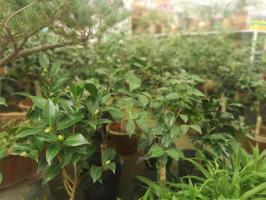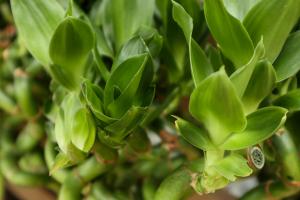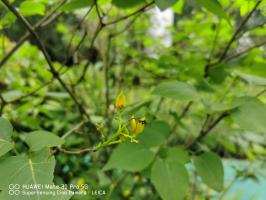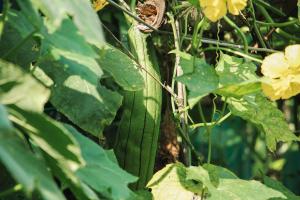Introduction
Native plants are plants that have evolved to thrive in a particular region and climate. These plants have adapted to the local environment, and as such, require less water than non-native plants. In many regions, native plants have become an increasingly popular choice for residential and commercial landscaping. In this article, we will explore how native plants can help save water.
Native Plants and Water Conservation
One of the most significant benefits of using native plants in landscaping is their ability to conserve water. Native plants have adapted to the local conditions and can survive on natural rainfall and local soil conditions. They require less water than non-native plants, and once established, they can often survive extended dry periods without needing additional watering.
Compared to non-native plants, native plants have deeper roots, which allow them to access water stored deep in the soil. The roots of native plants also help to prevent soil erosion, which can reduce water runoff and save water in the long term.
The Environmental Benefits of Native Plants
Using native plants in landscaping also has several environmental benefits beyond water conservation. Native plants provide habitats for animals, including birds and insects, which are essential for pollination and plant reproduction. They also help to restore and maintain the natural ecosystem, which benefits the health and well-being of the local environment and community.
In contrast, non-native plants can harm the environment by becoming invasive and outcompeting native species for resources. This can result in a loss of biodiversity and negatively impact the local ecosystem.
The Economic Benefits of Native Plants
In addition to their environmental benefits, native plants can also have economic benefits. Using native plants in landscaping can reduce the need for landscaping maintenance, such as watering and fertilizing, which can save money on water bills and other maintenance costs. Additionally, native plants may increase property values and attract wildlife, which can be a desirable feature for homeowners and businesses.
The Importance of Planting Native Plants
As our planet faces the challenges of climate change and water scarcity, it becomes increasingly important to consider the impact of our landscaping choices. By planting native plants, we can conserve water, support the local ecosystem, and reduce the environmental impact of our communities. So whether you are a homeowner, a landscaper, or a business owner, consider the benefits of using native plants in your landscaping today.
Conclusion
Native plants are a valuable resource for water conservation and environmental sustainability. By using native plants in our landscaping, we can reduce water consumption, support the local ecosystem, and save money. So let us embrace the beauty and functionality of native plants and do our part in conserving our planet's resources.

 how many times do yo...
how many times do yo... how many planted tre...
how many planted tre... how many pine trees ...
how many pine trees ... how many pecan trees...
how many pecan trees... how many plants comp...
how many plants comp... how many plants can ...
how many plants can ... how many plants and ...
how many plants and ... how many pepper plan...
how many pepper plan...






























